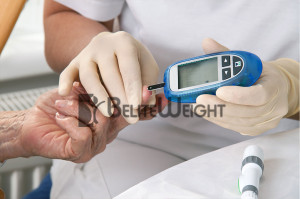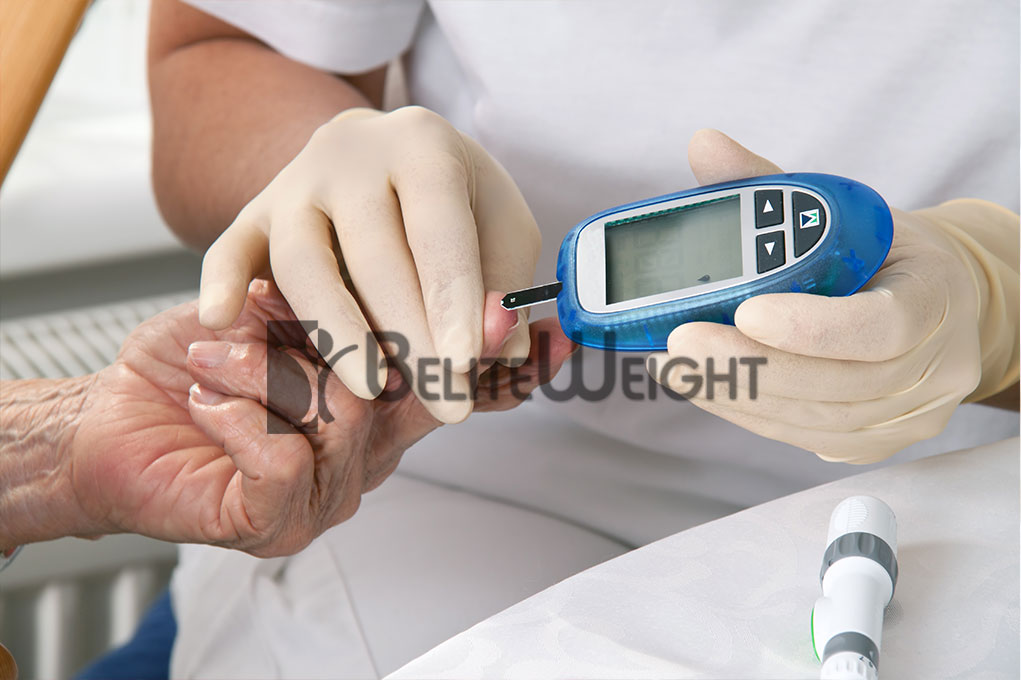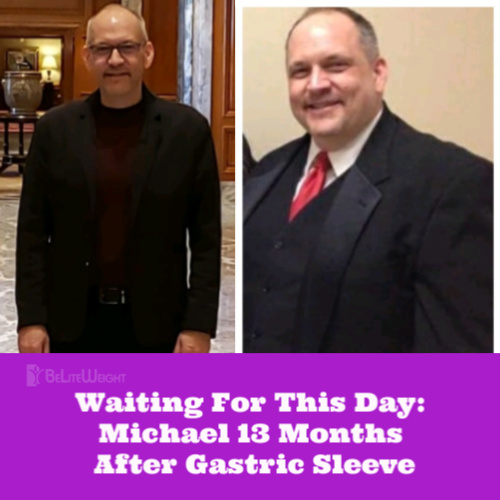There is new hope for the millions of Americans living with diabetes, a metabolic disease that inhibits the body's ability to produce enough insulin. According to the National Institute of Health, nearly 26 million people in the United States have the disease–and as many as seven million don't know it.
All of them are at risk of suffering from fatigue, extreme weight loss, amputation and even death.
But a new study offers hope to each and every one of these people–in the form of weight loss surgery.
According to researchers who have been conducting research on how weight loss surgery affects people living with diabetes, the stomach-reducing surgeries can have a life-changing (and perhaps even life-saving) impact.
Researchers studied hundreds of diabetes patients over the course of three years. Some were treated traditionally, with drugs and other prescription medications. Others underwent weight loss surgery. Those who had the surgeries experienced a significant reduction in their blood-sugar levels–38 percent for one group, 25 percent for another. Meanwhile, patients who were treated with medication only saw a 5 percent reduction in their blood-sugar levels.
 The results were impressive enough to be deemed "remarkable" by doctors who treat patients with diabetes. But then it got even better.
The results were impressive enough to be deemed "remarkable" by doctors who treat patients with diabetes. But then it got even better.
After three years, 90 percent of the patients who underwent weight loss surgery no longer required insulin–no finger pricking, no injections and no need to constantly worry about blood-sugar levels. Insulin injections, while life-saving, are often viewed by patients as a nuisance–and even a lifestyle changing problem to be dealt with.
The challenges and problems with insulin are well known by another group: patients taking medication to treat their diabetes. Unfortunately, this group saw the need to take insulin increase by 3 percent over the course of the three-year study–from 52 percent to 55 percent.
Researchers, patients and doctors who treat people with diabetes are hailing the study as a major step forward in the battle against diabetes. But they're not calling it a cure yet–just an incredible new option for the millions of Americans living with the debilitating–and potentially deadly–disease.





